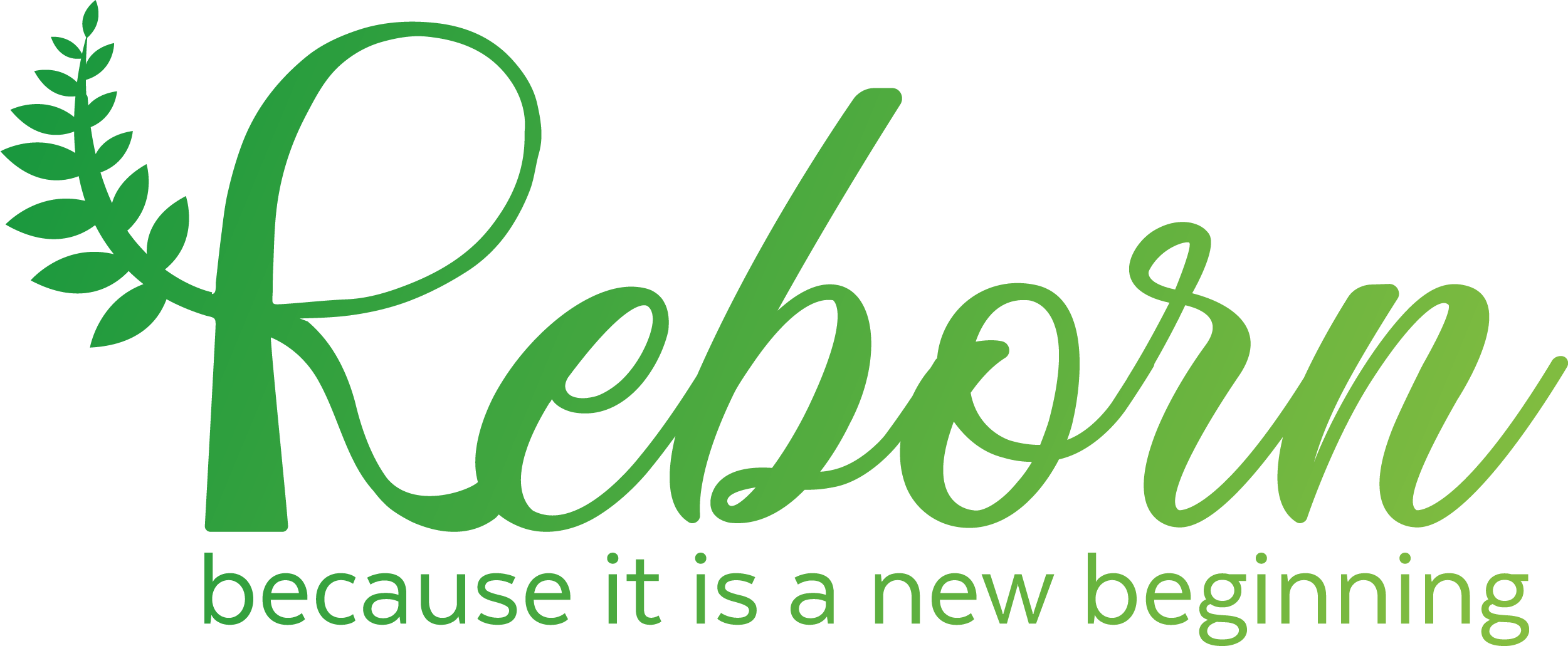Introduction to the Solution Focused Approach in CBT
Welcome on the next post about tools used in therapy setting I have to offer. Today I will talk about solution focused approach that is a part of my practise so you can make fully informed decision.
The solution focus approach is a part of Solution Focused Brief Therapy (SFBT) that brings into an attention the question such as What can we do to resolve an issue? To change an outcome?. This approach is an active approach that gives back a power into your own hands. However, not only SFBT uses this form of work. CBT engages a person in work with their own mind by recognising cognitive distortions, finding alternatives to them, encouraging behavioural activation and other in order to change an outcome problematic for you.
The goals are set on the first session and the process involves homework to engage a client between appointments.
Key Differences Between CBT and SFBT
Yet there are differences between CBT solution focus and SFBT. The latter does not engage in a problem analysis but moves its focus on “here and now problem solution” based on the moments that you recognise as “problem free” times.
CBT takes an importance to draw on your history to form case conceptualisation and uses that for your treatment. In particular core beliefs require this kind of exploration. In that, CBT has more in common with Problem-solving therapy (PST) that uses the same premise. PST also focuses on changing the meaning on events that can not be changed which is parallel with CBT alternative outlook exercise. Moreover, CBT requires also more sessions because it is not a brief intervention but more consistent work towards forming new habits in thinking. It strives towards you becoming your own therapists.
Positive Outlook in Therapy Approaches
Additionally, SFBT and PST use positive outlook on a person ability to change. CBT is not different. The use of strengths, resilience and hope is part of the process yet CBT involves additional feature such as psychoeducation. Psychoeducation is a process of sharing knowledge with a person about their mental condition, an impact, treatment options and prognosis. Knowledge is power.
In my practice, I regularly share psychological knowledge based on research that becomes a tool in itself.
Summary of Solution Focus in CBT
To summarise solution focus in CBT involves:
- goal setting and focus on it,
- psychoeducation,
- practice of new thinking and behavioural aspects of the mind based on research,
- an use of your values, your strengths and your own peace,
- 12-25 sessions average,
- analysis of a problem based on life history,
- active directive approach
Conclusion
That’s all for today! Thank you for your attention.
R.

